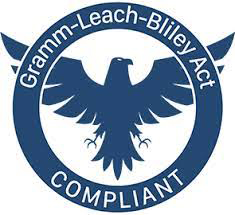Scenario: You have a customer who owes you money for a product provided months ago. They have ignored your letters and avoided your phone calls. Finally, you’re able to speak to your contact and she tells you, “Talk to my lawyer, Bill Jones at Jones & Associates!” This is followed by a prompt click and dial tone. Now you are feeling confused, angry, upset, betrayed. You provided your client the product they requested when they requested it, but they don’t pay you. Instead they ignore you and now they want you to speak with their attorney! What gives!?!?
Unfortunately, this is something that can happen when you extend credit. Sometimes it’s a case in which your client never had the intent to pay you. But mostly they have run into issues that require them to seek the advice of counsel and their intent is to resolve it; they just need help.
What are your next steps?
The first thing you need to do is understand that any further communications needs to be handled through the attorney. Update your internal contact information for the customer with the attorney’s information (name and phone number). Next, you’ll want to contact the attorney to determine their scope of representation. It could be due to a customer dispute—faulty product, product not as described, incomplete or inadequate service. It could be that they are in a cash flow crunch and need an attorney to work out payment arrangements with their creditors. Or it could be that they are working with an attorney with the intent of filing bankruptcy.
Determining the details of the attorney’s representation will provide you with the direction you need in order to handle the matter appropriately. Here are some suggestions on what to do:
- Disputes: Does this jive with what you have heard from your customer? If so, what have you done to correct the issue? Providing the attorney with the steps you took to resolve the issue may be all that is needed. If this is the first you are hearing of it, ask the attorney for a written explanation including details of the dispute.
- Cash Flow: Is your customer looking for payment arrangements or a settlement? Is it reasonable? Are all similar classes of debt (secured, wages, taxes, unsecured) treated the same?
- Bankruptcy: Has your customer filed yet? If so, what is the case number and chapter? If not, when do they anticipate filing? What chapter?
If you are still not certain what to do after you have obtained this information, contact your collections consultant to determine what’s next.
Share Your Experiences!
Do you have any stories (good or bad) about customers who have sought out attorney representation? What did you do right? What do you wish you would’ve done differently? Share your insights with us using the comment section below!












